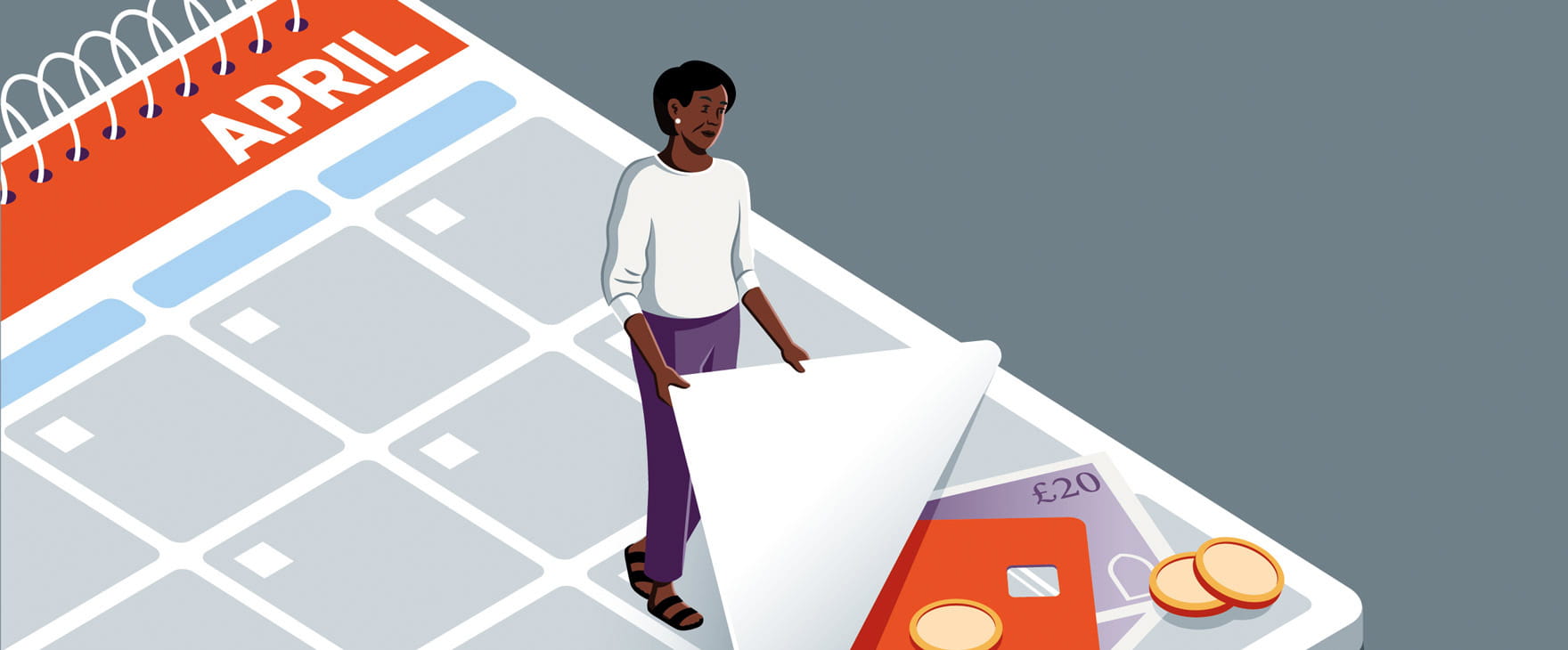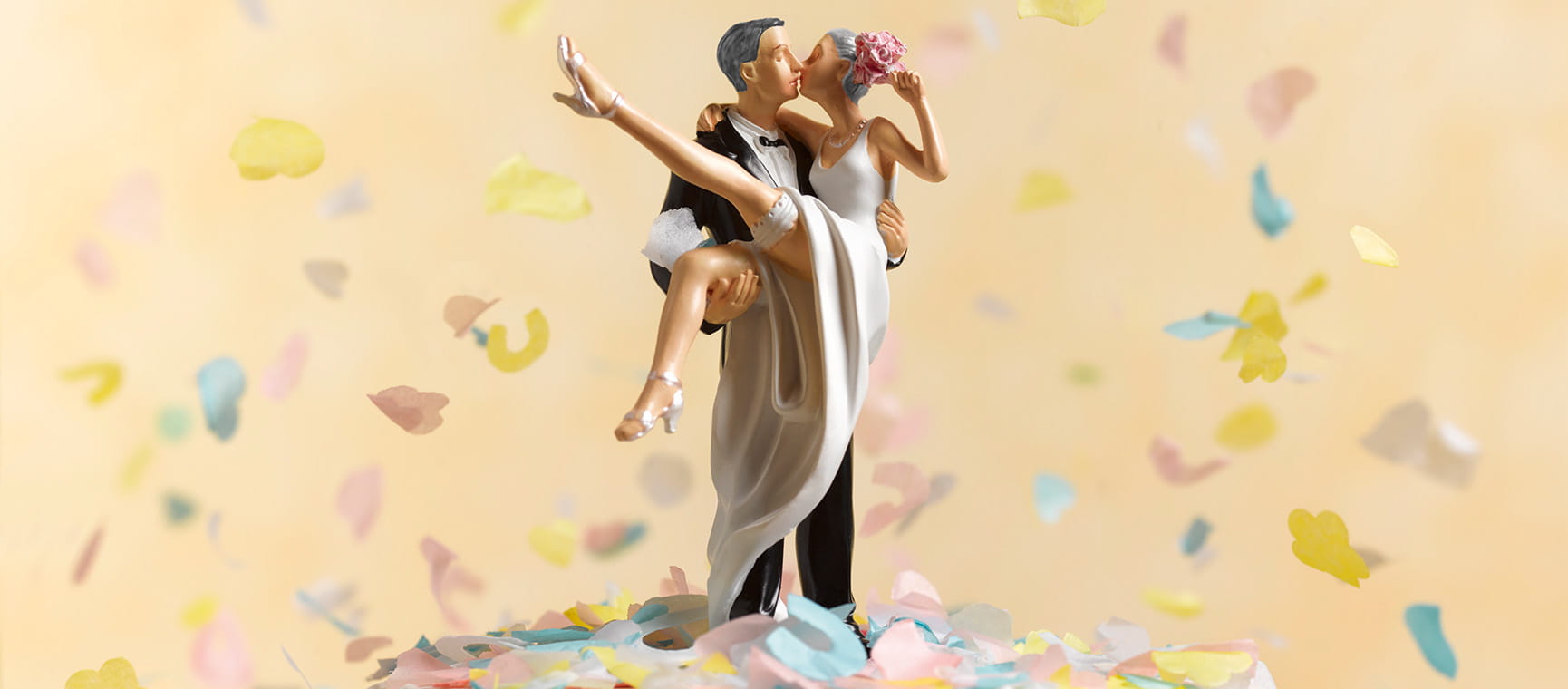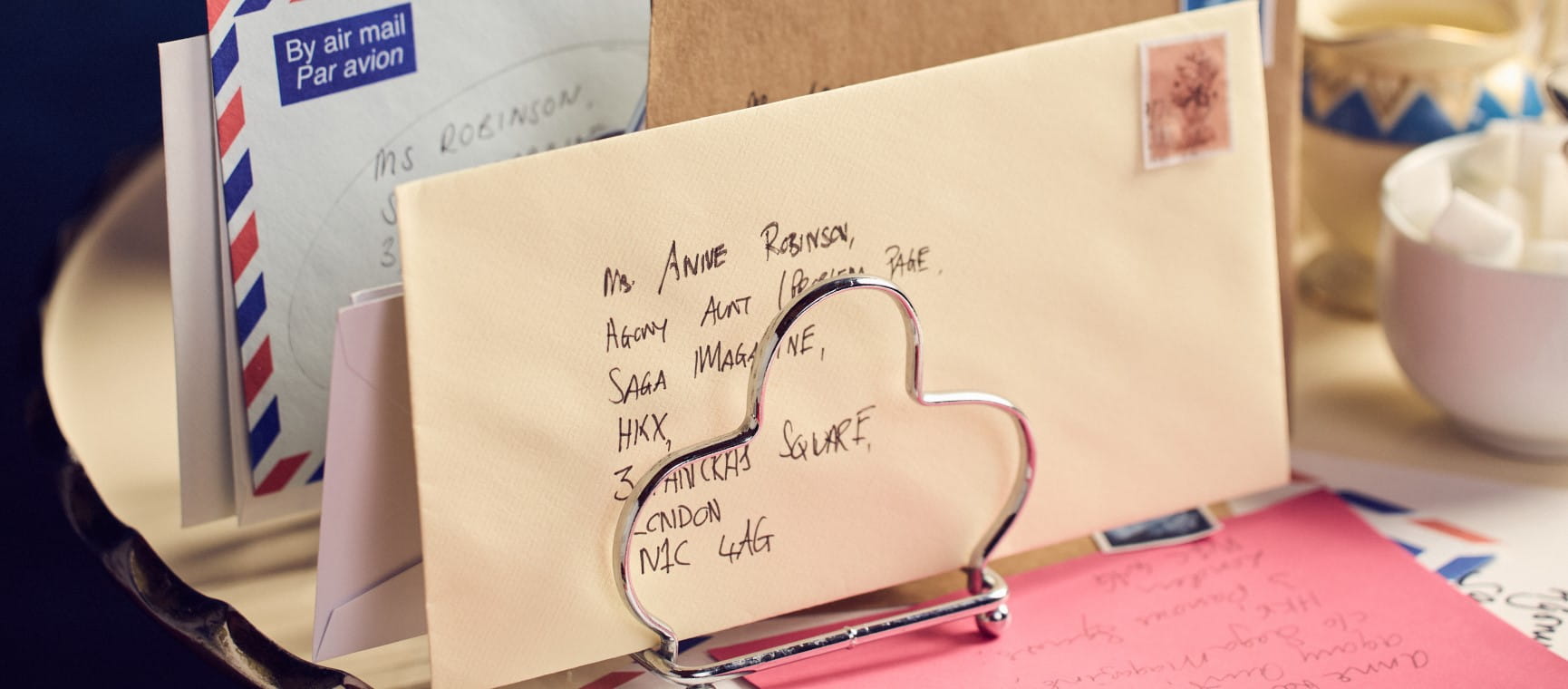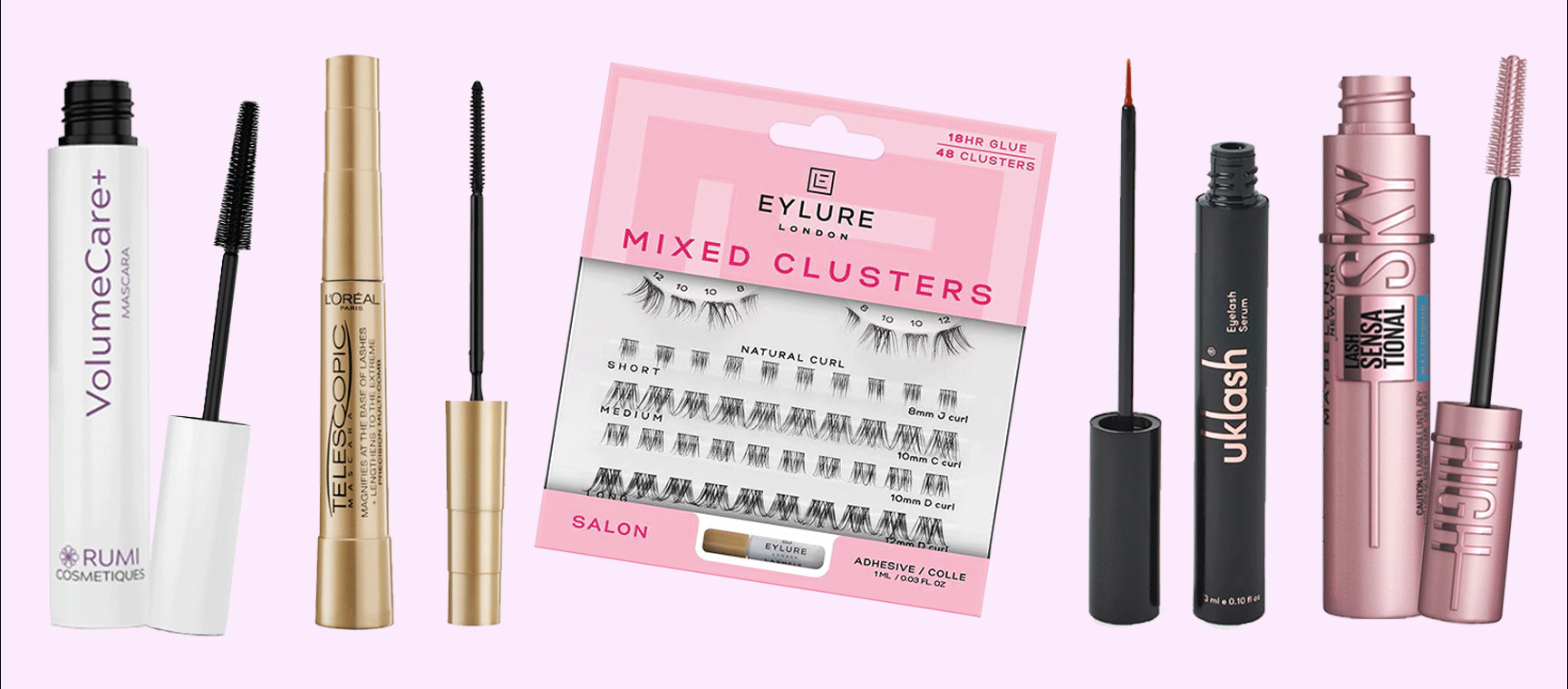Susie Dent on words for alcohol and drunkonyms
As dry January begins for some, our columnist remains in a festive spirit, raising a glass to the lush lexicon of alcohol.

As dry January begins for some, our columnist remains in a festive spirit, raising a glass to the lush lexicon of alcohol.

January is here and, if you have decided to make it a dry one after the excesses of Christmas, good luck. For some, the dismissal of wine and good spirit(s) might come not a moment too soon, whereas hydropots (aka water-drinkers) might wonder what on earth all the fuss is about.
That fuss is of course far from new. When it comes to alcohol, we have been hard at work for centuries. And where we go, so inevitably does our language. English has a fittingly lush lexicon for a boozy state of affairs.
And that, of course, includes drunkenness. It is often said that you can take any noun, stick an ‘-ed’ on the end, and you will have an adjective for ‘drunk’. If we can have ‘trolleyed’, ‘trousered’, and ‘snookered’, why not ‘lampshaded’ or ‘front-doored’? ‘He got utterly bookshelved last night’ has a certain ring to it.
In truth, we don’t really need to invent our own, for there are thousands of drunkonyms in the dictionary already.
My own favourites include ‘ramsquaddled’ and ‘obfusticated’, largely because they sound as though they spilled out of a very tipsy mouth.
As for the venues we might choose to become spifflicated in, drinkers of the past would happily visit the ‘Lushington Crib’, the ‘Shicker Shop’, and – surely best of all – ‘Fuddlecaps Hall’. All of them were synonyms for the pub, presided over by the jolly ‘knight of the spigot’: a badge to make any publican’s chest swell with pride.
Of course, the whole reason for Dry January is to cleanse the system of the after-effects of Christmas. Any partakers in it can congratulate themselves on having enjoyed weeks without the unpleasantness of feeling ‘crapulent’, ‘cropsick’, or ‘wamble-cropped’: three expressive words for the dreaded hangover, or what in Germany they call a Katzenjammer, in which the drinker’s moans are compared to the wailing of a very miserable cat.
No need for a hair of the dog either: an expression which was once scarily literal. In the Middle Ages, anyone bitten by a stray dog would run after the offending animal and attempt to pluck out one of its hairs – a poultice with that hair was believed to cure the wound. The idea was soon transferred to drinking a smidgen of the alcohol that caused a sore head, in the hope of easing it.
This might seem bizarre, but you ain’t heard nothing yet. People once opted for even more extreme cure-alls for the morning after the night before, from ingesting the ashes of a crab to the drinking of vinegar.
More palatably, just, another tradition involved dropping a particular gemstone into one’s glass before drinking in the belief that it prevented intoxication. ‘Amethyst’ comes from the Greek for ‘not drunken’.
Of course, many of us would ask ‘who needs it?’ Today’s array of mocktails and other non-alcoholic offerings is almost dazzling.
It is perfectly acceptable to be a ‘potpanion’ (fellow drinker) without touching the stronger stuff or painting the town red (an expression whose origins have been claimed by Melton Mowbray, thanks to a night in its town centre when the Marquis of Waterford and a group of friends ran riot with pots of scarlet paint).
The lesson of moderation seems to be everywhere in language. But if you do decide to toast the new year with a drop, go gently. By way of motivation (or threat), I offer you possibly my favourite dialect word of all time. To be ‘crambazzled’, in old Yorkshire-speak, is to be prematurely aged from excess drinking. Not even an amethyst can fix that.
Countdown Lexicographer, Saga Magazine columnist and author.
View author page
For a limited time, enjoy 3 issues of Saga Magazine for just £1. Receive the next 3 print editions delivered direct to your door, plus 3 months’ unlimited access to the Saga Magazine app—perfect for reading on the go.
Don’t miss your chance to experience award-winning content at an exceptional price.

The ultimate guide to Saga Puzzles, full of technical tips, tricks and hints.

With the start of the new financial year on 6 April, our money expert explains the changes to your pension, benefits and taxes.





